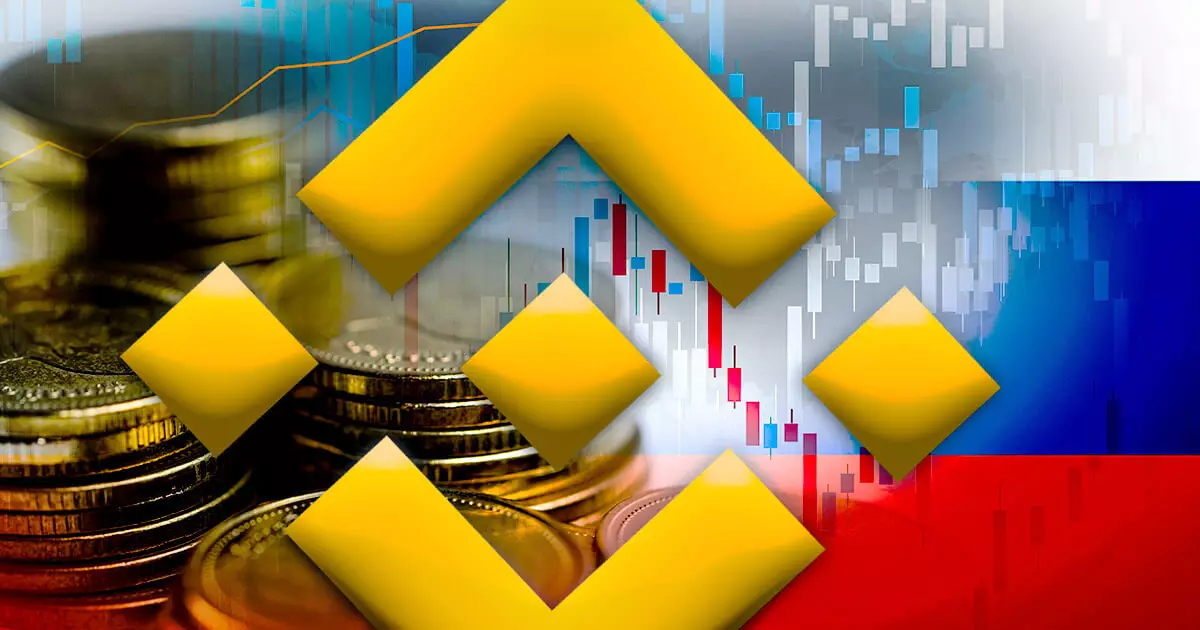Binance, one of the world’s largest cryptocurrency exchanges, has reportedly renamed sanctioned Russian banks on its peer-to-peer (P2P) platform in order to allow them to continue their operations. This revelation was brought to light by local media RBC-Crypto, raising questions about Binance’s compliance with global sanctions.
Through Binance’s P2P services, users are able to trade with each other and process payments via banks, even in the face of strict Western sanctions imposed on Russia’s financial system. In an effort to conceal the involvement of these sanctioned banks, Binance renamed the bank cards for Sber and Tinkoff to “green” and “yellow” local cards on its payment options for P2P trading.
Denials and Regulations
In response to accusations of enabling sanctioned Russian banks, including Sber and Tinkoff, to conduct transactions on its platform, Binance has vehemently denied any relationship with these banks and claims to comply with global sanctions. However, this new revelation may further complicate matters for the exchange, which is already facing regulatory scrutiny in several Western countries.
The potential consequences of this renaming strategy are significant for Binance. It may not only increase the scrutiny from regulators but also provide additional ammunition for the U.S. Department of Justice, which is reportedly investigating the exchange and its CEO, Changpeng Zhao, for alleged violations of anti-money laundering laws. The investigation could potentially result in legal repercussions for Binance and its operations.
In a separate development, a Russian blockchain company called Web3Tech has launched a platform designed to enable international payments through cryptocurrencies. This platform aims to reduce Russia’s financial system’s reliance on SWIFT by facilitating local and international payments. Additionally, it is stated that the platform has the capability to work with other public blockchains, creating circulation smart contracts and bridges for popular cryptocurrencies.
Russia’s financial system has faced immense pressure ever since the country invaded Ukraine. As a result, the government has been increasingly inclined to explore the use of cryptocurrencies and central bank digital currencies (CBDCs) for international payments. The introduction of Web3Tech’s platform aligns with this shift, signaling a potential future where crypto and CBDCs play a more prominent role in Russia’s financial landscape.
Binance’s decision to rename sanctioned Russian banks on its P2P platform raises serious concerns about its compliance with global regulations. The potential consequences, including further regulatory scrutiny and potential legal action, could have a significant impact on Binance’s operations. Meanwhile, the launch of Web3Tech’s platform reflects Russia’s growing interest in cryptocurrency and CBDCs as alternatives to traditional financial systems. As the landscape of international payments continues to evolve, it remains to be seen how these developments will shape the future of cryptocurrencies in Russia and beyond.

